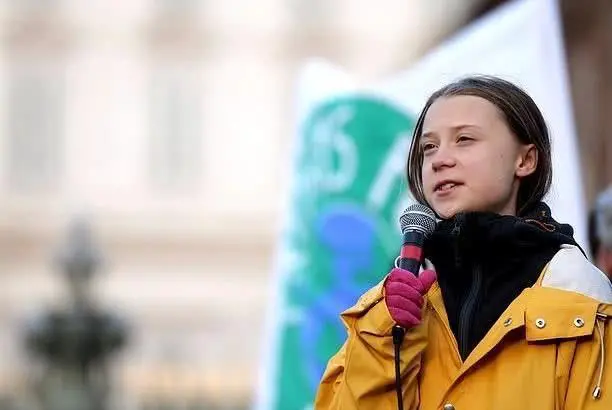Sexual violence has become a key feature of the continuing conflict in South Sudan, a senior UN official told reporters here Monday, while affirming that the widespread rape could ultimately be stopped through greater political and legal efforts by the South Sudanese government and civil society.
Zainab Hawa Bangura, the special representative of the UN secretary-general on sexual violence in conflict, made the statement at a press conference at the UN headquarters in New York, following her first mission to South Sudan to assess the situation of sexual violence in conflict in the world's youngest country.
Bangura explained that in her 30 years of experiences she had never seen anything like what she witnessed in the northern town of Bentiu, the capital of Unity state, where hundreds of civilians were massacred in April of this year and many more were raped.
According to reports, incidents of sexual violence in Bentiu include rape, gang rape, forced abortion and sexual harassment with perpetrators counting members of the Sudan People's Liberation Army (SPLA), the South Sudan national police service and more recently, the Justice and Equity Movement (JEM) among their ranks, as they exchanged control over the town at least eight times.
During her visit in South Sudan in early October, she met with President Salva Kiir and held extensive consultations with relevant ministers, as well as the Army and Police. She also met with Riek Machar, the former vice president of the country and currently the opposition leader.
She traveled to Bentiu to engage with the local commander of the SPLA, government authorities, United Nations staff, humanitarian workers and survivors of sexual violence.
She said fighters used the local radio station, Radio Bentiu FM, to broadcast hate speech calling on men to commit sexual violence against women and girls based on their ethnicity and assumed political affiliations.
The special representative detailed the nature of the sexual violence that many women are subjected to, emphasizing that those who fight back against their attackers are subsequently "raped with sharp objects instead."
Others, she said, were raped to death. Bangura also pointed out that a vast number of those who suffer sexual attacks are young, with one of the treated victims only two years old.
"It is not just about rape," Bangura told reporters here. "It is to inflict unimaginable pain and destruction."
Bangura explained that much of the sexual violence had been " commanded" within a military context with attackers ordered to rape women based on their ethnicities. As a result, she noted, structures could be implemented to ensure that such attacks were stopped.
During her visit on Oct. 5-11, Bangura also met with a wide range of representatives from the South Sudanese government, as well as civil society partners, UN entities and women's groups.
Her visit concluded with a Joint Communique with the Government that outlines clear steps they will take to prevent and address sexual violence crimes, including issuing and enforcing clear orders through the army chain of command prohibiting sexual violence; provisions to ensure medical, psychosocial and legal assistance to victims; security and justice sector reform; and ensuring that sexual violence crimes are addressed explicitly in the peace process.
If a State cannot respect women during times of peace, it cannot protect them during conflict, Bangura said, warning that " widespread sexual violence sows the seeds for the poisoned fruits of reprisal."
In a similarly toned op-ed published in local Sudanese papers, the special representative called on all South Sudanese stakeholders, declaring that the time had come for the country to ask whether it wanted "a future with enmity between neighbors and ethnic tensions among citizens, or a future of peace and security with neighbors of all ethnicities working side by side to help the country reach its full potential."
"South Sudan is now at a crossroads," Bangura said. "It can turn back from sexual violence and reject its use as a political tool and weapon of war, or it can continue on a road whose only destination is revenge, and the decimation of a whole country's hopes for a better future." Enditem
 简体中文
简体中文

